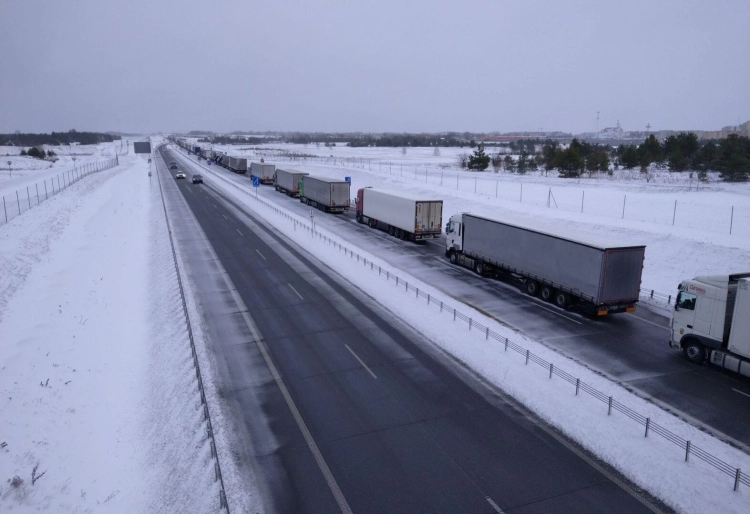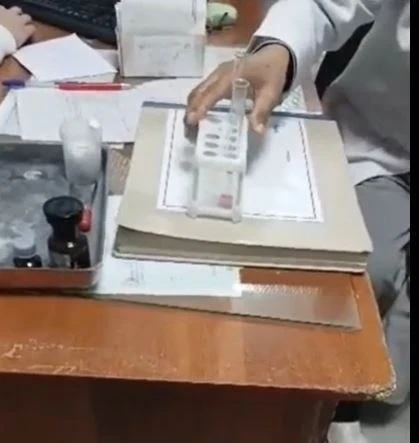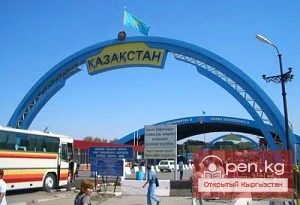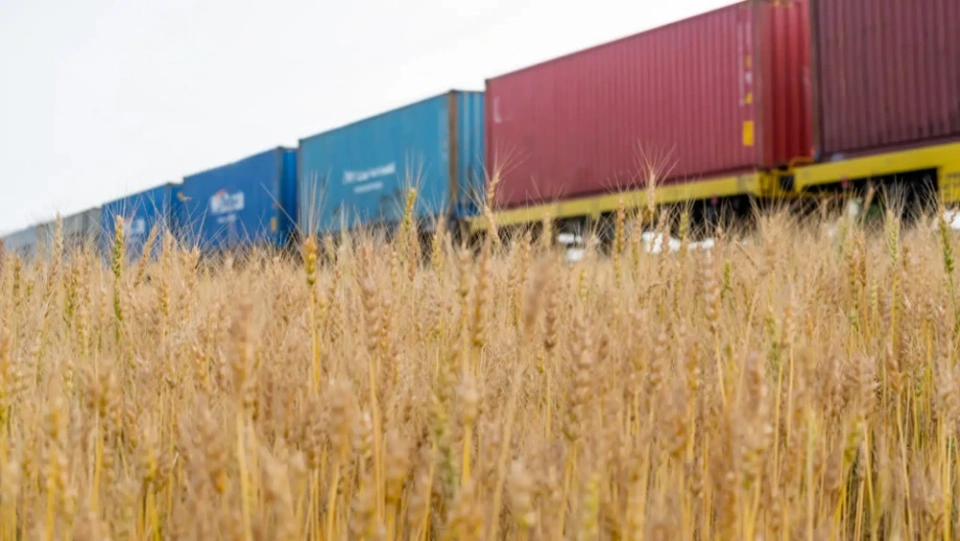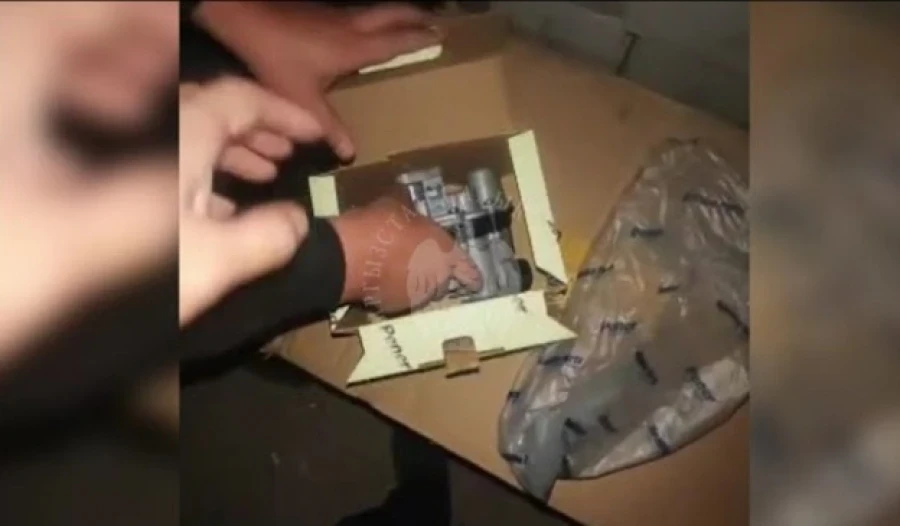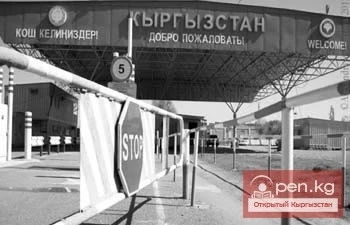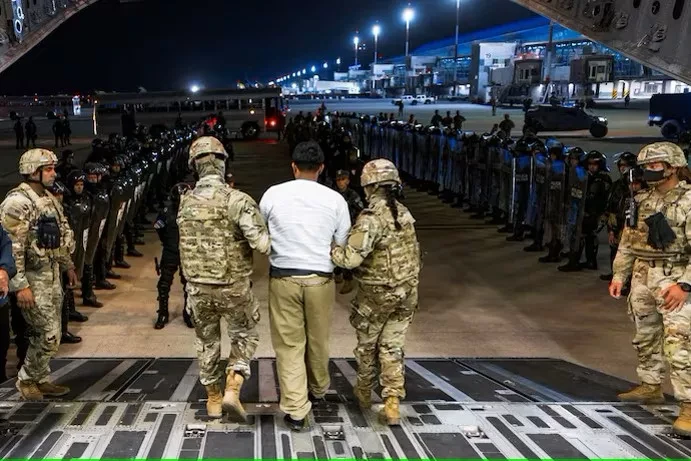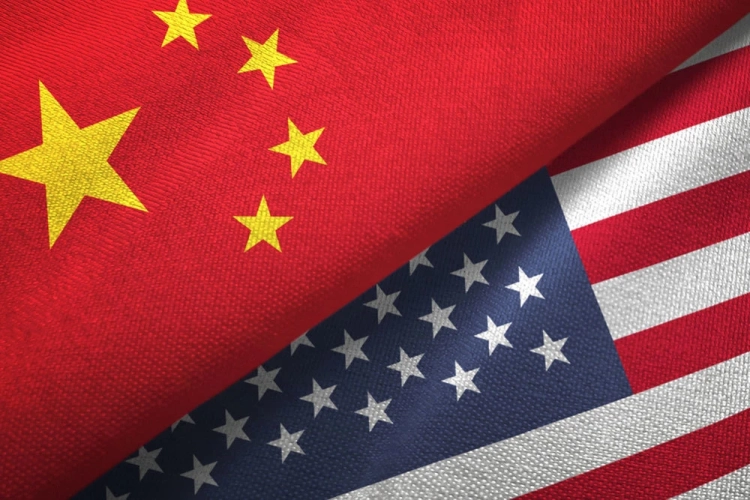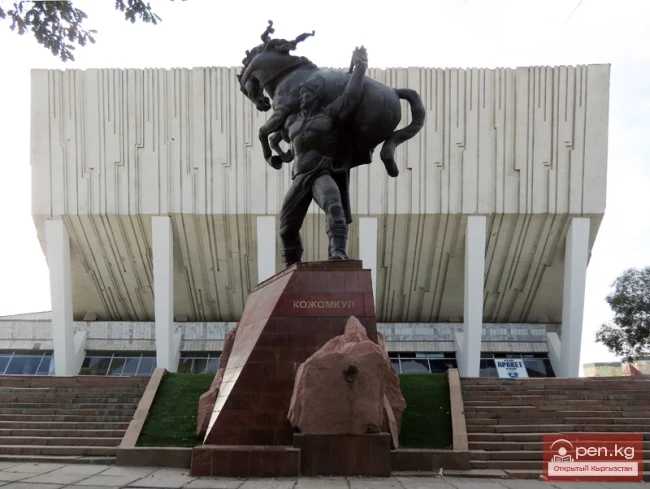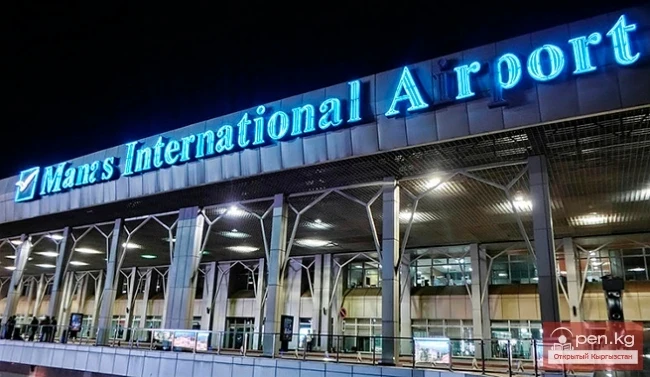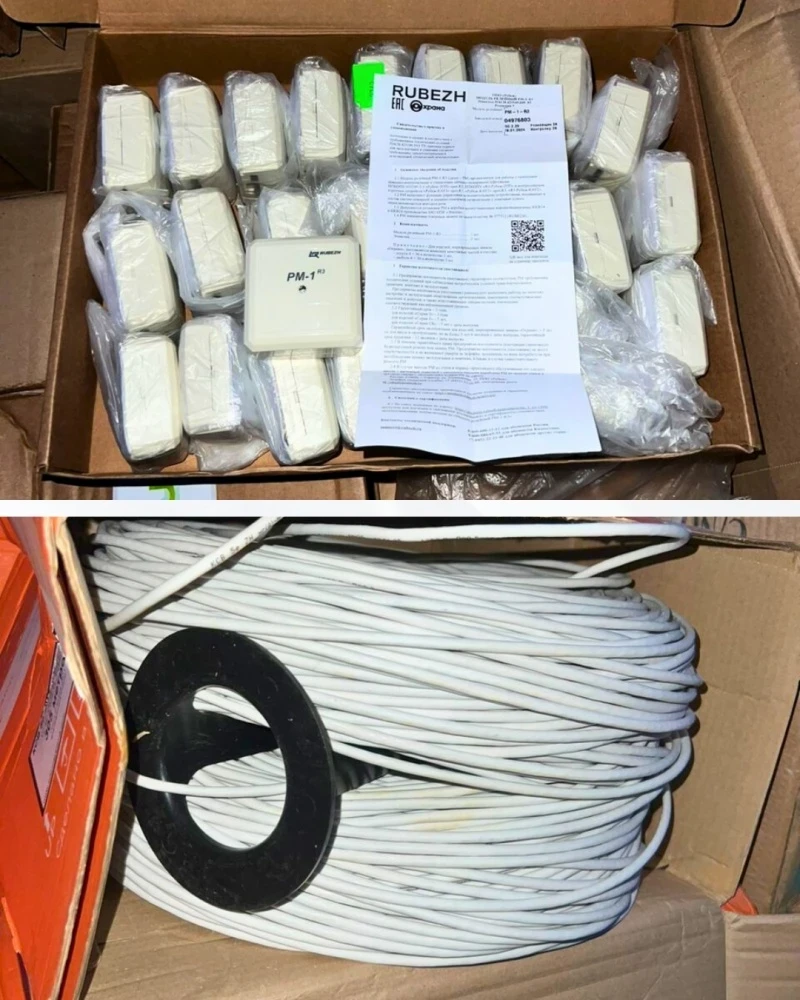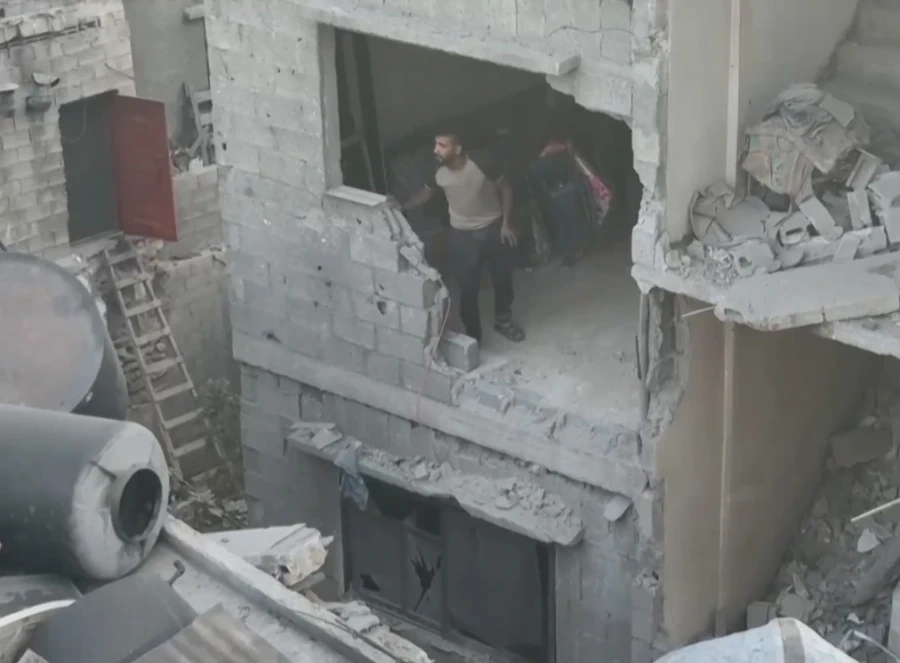According to the Ministry of Transport of Kazakhstan, this is related to the tightening of control by Russia. The time for cargo inspections has increased, and measures for document verification and compliance with sanitary norms have become stricter.
Kaktus.media conducted an analysis of the current situation and possible solutions. However, having all the necessary documents does not always guarantee that the cargo will cross the border without delays and arrive at its destination on time.
Conflict of "white" and "gray" imports
Entrepreneur Kerimbek uulu Azamat stated that the tightening of inspections began just over a month ago. Russia has intensified its fight against "gray" imports, primarily concerning goods from China and Turkey, but Kyrgyz products have also come under close scrutiny.According to him, previously, goods from China could enter Russia disguised as Kyrgyz products. "A truck could have 400 bags, of which 200-300 were locally produced goods, while the rest were Chinese products. Some transport companies organized schemes where the entire cargo was processed as produced in Kyrgyzstan," explained Kerimbek uulu.
He noted that inspections used to occur less frequently and lasted only a couple of weeks, but this year the situation has changed: the number of customs officers has increased, and now cargo is inspected more thoroughly, including clothing labeling. Mobile groups can stop a truck even after it has crossed the border for additional checks. In case of discrepancies or counterfeit goods, the cargo can be detained in a temporary storage warehouse for up to three months.
As a result, many transport companies are afraid to cross the border. Despite the fact that the border is open, trucks do not enter due to document problems or cargo discrepancies.Azamat Kerimbek uulu also noted that some trucks are returning, while others are sorting their cargo right at the border. However, this situation also affects those who operate legally.
He added: "Unfortunately, some tailors still use outdated methods and do not want to work legally. Although many large enterprises are already registered, pay taxes, and work with Russian businessmen. I myself work officially, but now my products may face problems due to cargo that is carrying counterfeit goods or products without documents. Therefore, everyone in our industry needs to legalize and register."
Issue of domestic VAT
Maksetbek Abdijalilov, director of a logistics company involved in delivering Kyrgyz goods to Russia, emphasizes that the problem is not only the reluctance of tailors to legalize. Even those who do everything correctly can find themselves in a difficult position."When importing goods into Russia, domestic VAT must be paid, which should be paid not by our business, but by the recipients of the cargo. This is the main problem. According to the EAEU rules, there is a 180-day period to pay this tax, but many entrepreneurs do not pay it to avoid increasing the cost price of goods. As a result, Russian customs is intensifying its fight against illegal schemes," explained Maksetbek Abdijalilov.
The situation is exacerbated by the fact that the labeling of goods must comply with the "Honest Sign" standards, which also requires control.According to him, no one can force entrepreneurs to pay the tax in advance, and therefore trucks are checked very thoroughly. Temporary warehouses are overcrowded, and it takes about 10 days to inspect one truck. This can lead to cargo being delayed for several months.
By the time your truck's turn comes, the goods may become irrelevant due to the end of the season."All our clients operate legally, but we still suffer from the current situation. Many entrepreneurs claim that Russia has introduced new taxes, but in fact, they existed before; they just were not enforced. Now the Russian government has decided to make everyone comply with tax obligations. This applies to both sides; otherwise, the situation will not change," summarized Maksetbek Abdijalilov.
Temporary measures and their consequences
To alleviate the situation, the President of Russia signed a decree allowing the import of goods from Kyrgyzstan and Kazakhstan without the necessary documents and labeling until December 10, 2025.However, there are certain conditions:
- The goods must be imported for a legal entity in Russia;
- The carrier must have a notification from the recipient about the need to declare the goods;
- The recipient is obliged to organize delivery to the temporary storage warehouse and notify of the intention to label the goods;
- All operations must be completed by December 27, 2025.
Nevertheless, this decision will not eliminate the underlying problems. With the expiration of the decree in December, when the import of pre-New Year goods begins, the situation may worsen for the garment industry.
"How to make the receiving party pay VAT? It is impossible. If someone violates their obligations, all participants in the process suffer," representatives of logistics companies concluded.
